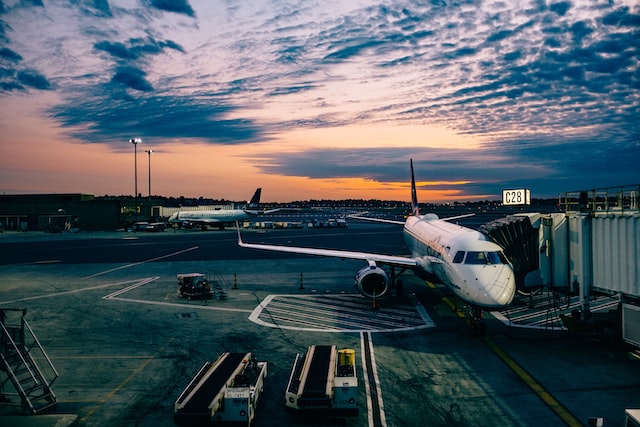New mandates for operating a Safety Management System (SMS) will shortly be in place for any maintenance, repair, and overhaul (MRO) company operating in Europe.
SMS is already a standard throughout the global aviation industry, but these new rules will apply to European MROs, who will be given two years to implement a suitable safety program before being inspected to confirm compliance.
Safety And Security Regulations
Adhering to stringent safety and security regulations is vital in the aviation industry in order to reduce risks, whether this involves ensuring the safety of planes and their passengers or protecting sensitive defense-related data from cyber threats.
However, compliance with stringent regulations for aviation can often be a burden for large airlines and owners of private jets. With the wider use of dedicated service providers, digital tools, and increased automation, safety policies and procedures become easier to manage, compliance is ensured, and, most importantly, risks are minimized.
Implementing Safety Management Systems
Although European maintenance companies are only now having to implement recognized safety systems, SMS is already recognized by regulatory organizations around the world, and it is successfully established within many aspects of the international aviation industry.
Promoting a culture of safety
In addition to showing compliance with regulations, effective SMS can reinforce a robust safety culture. Failures in reliable safety management systems can result in airplane accidents and crashes. Airlines can subsequently be held responsible for any injuries suffered by passengers.
As these cases require specialist legal knowledge, anyone involved in an accident should speak with a lawyer who understands the complexities of aviation insurance claims. For both large airlines and private plane owners, accidents highlight the importance of installing a culture of safety, but managing the numerous procedures, policies, and practices of an SMS can be demanding.
Companies can use a service provider to oversee monitoring software and sophisticated flight risk assessment tools on one safety intelligence platform. Organizations can ensure systems are not only compliant with regulations but also perform efficiently to minimize risk.
Meeting Requirements for Cybersecurity
As well as ensuring the physical safety of airplanes and passengers, the aviation industry must also protect equipment and data from cyber threats.
While commercial airlines are responsible for the secure processing of large amounts of personal passenger information, organizations also face the challenge of protecting defense and military-related data that could threaten national security.
Using Encrypted Passwords
Cloud services with encrypted passwords can make it easier for companies to ensure compliance as they provide secure systems for storing and sharing files that meet strict government regulatory requirements.
These include restricting exports of sensitive technology covered by the EAR (Export Administration Regulations) and, more specifically, for military-related items, through ITAR (International Traffic in Arms Regulations).
National Security In The Aviation Industry
Aviation is a complex and high-risk industry where the safety of airplanes, passengers, and crew is paramount, and the security of sensitive data is crucial for national security.
This means that compliance with stringent regulations is essential. While this can be burdensome for organizations, the increasing use of service providers and other digital tools makes it much easier.
